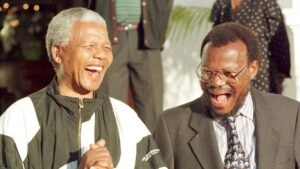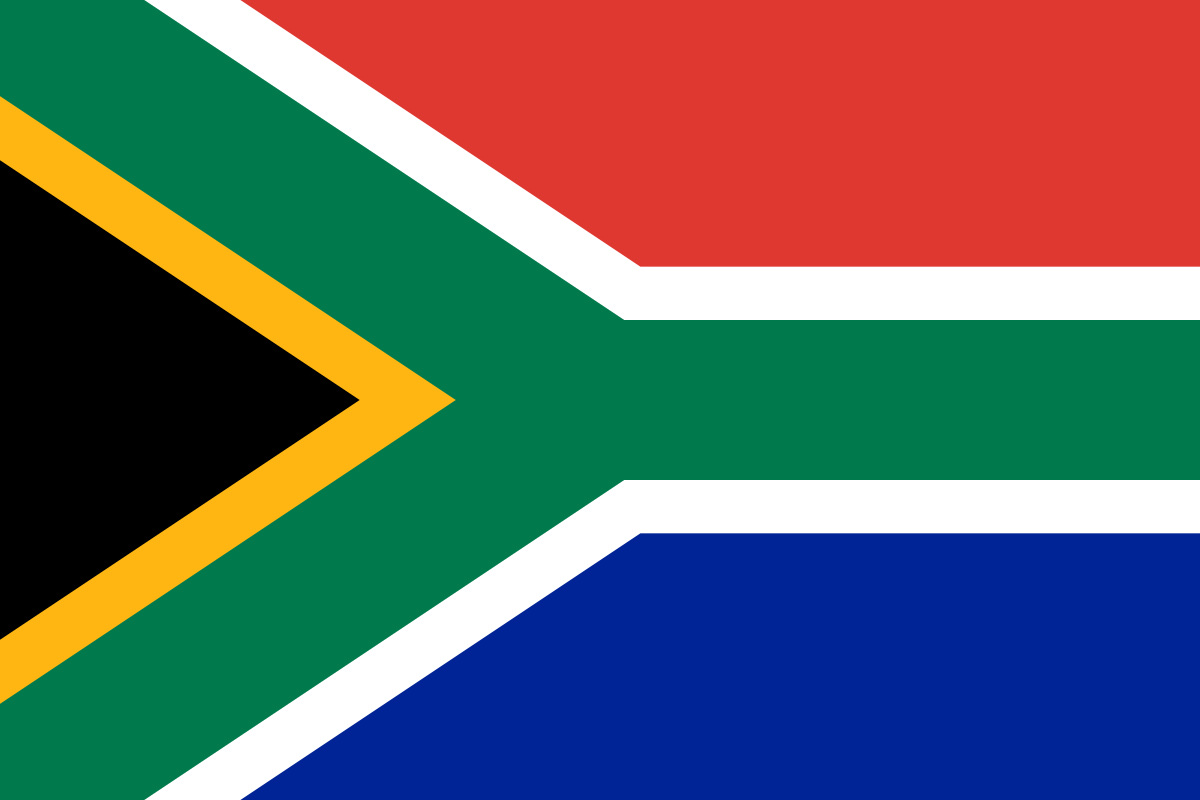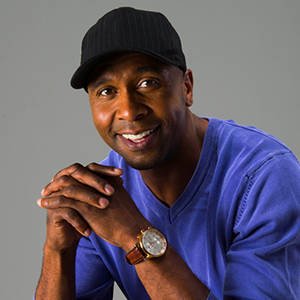South Africa has a rich and diverse history that can be traced back to ancient times. March 30 stands as another thread woven into this remarkable tapestry. Let us explore the layers of South African history, delving into the past and unravelling the narratives that left their mark on this extraordinary land.

1998: The consortium Midi Television is awarded the first privately owned free
The South African Bill of Rights enshrines the right to free access to information. In line with this, the Independent Communications Authority of South Africa granted Midi Television a free-to-air broadcasting license. The license was awarded on March 30, 1998, and the channel, later named ETV, began broadcasting in October of the same year. The license created competition for the South African Broadcasting Corporation in terms of revenue streams derived from advertising. This act demonstrated the government’s commitment to protecting the South African constitution and media freedom. It also ensured that one public broadcaster could not be used as a means to disseminate propaganda, as was done by the Apartheid government.
1990: Negotiations between Nelson Mandela and Mangosutho Buthelezi
On March 30, 1990, Nelson Mandela from the African National Congress (ANC) and Mangosutho Buthelezi from the Inkatha Freedom Party (IFP) met to negotiate ending the violence in townships. The two political factions had been engaged in violent clashes since the early 1980s.
1960: The Security Council begins deliberations on the situation in South Africa
The United Nations Security Council began deliberations on the situation in South Africa, under an agenda item entitled: “The situation arising out of the large-scale killings of unarmed and peaceful demonstrators against racial discrimination and segregation in the Union of South Africa”. The move by the Security Council followed the event of 21 March, 1960, where the Pan Africanist Congress (PAC) staged an anti-pass demonstration outside Sharpeville police station near Vereeniging. They handed over their passes demanding an end to the pass laws. However, the march ended in tragedy when the police opened fire on the marchers, killing 69 people and injuring close to 200 in what has come to be known as the Sharpeville Massacre.



